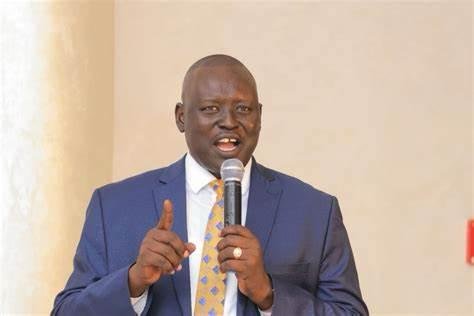The South Sudan Revenue Authority (SSRA) has commenced the zoning and registration of tax payers in Juba in order to trap tax defaulters.
According to a circular, Commissioner General of SSRA Simon Akuei Deng, expressed that the initiative is to make sure that everyone pays tax as stated in the constitution of South Sudan.
Akuei expressed that due to a lack of proper documentation of the taxpayers, many people continue to default, hence reducing the country’s revenue.
The commissioner general expressed that in order to close such gaps, the revenue collectors have decided to register all the institutions paying tax across the city.
This is in line with the 8th governor’s forum and the 2024 economic forum, which call for diversification of the taxes.
He reiterated that as the country faces inadequate funds to run government projects due to the stoppage of the oil, non-oil revenue collection becomes the priority of the revenue authority as per their mandate.
The Commissioner General expressed that the registration procedures include dividing the city into several operational zones.
According to the revenue authority circular, the officers will carry out door-to-door transfer registrations for businesses.
“SSRA launches zoning of Juba City for taxpayer registration. The law requires us to register taxpayers, and taxpayers are known by their names, contacts, their telephone numbers, their emails, and their business locations,” he said.
“The South Sudan Revenue Authority hereby informs the public, the business community, and all the stakeholders that have been opened that we have officially commenced the zoning and registration of taxpayers in Juba as part of the ongoing efforts to enhance domestic revenue mobilizations and taxpayer compliance,” Akuei said.
The South Sudan Revenue Authority (SSRA) is the revenue service of the South Sudanese government, responsible for collecting non-oil revenue.
Established in 2016, it operates under the National Revenue Authority Act, 2016.
The SSRA aims to be a modern tax administration, focusing on mobilizing non-oil revenue to achieve a targeted tax-to-GDP ratio of 6% by 2027.












